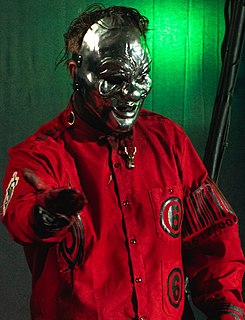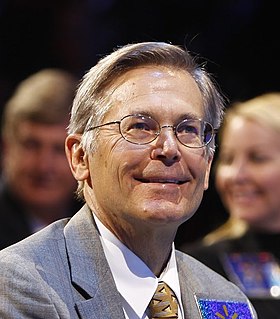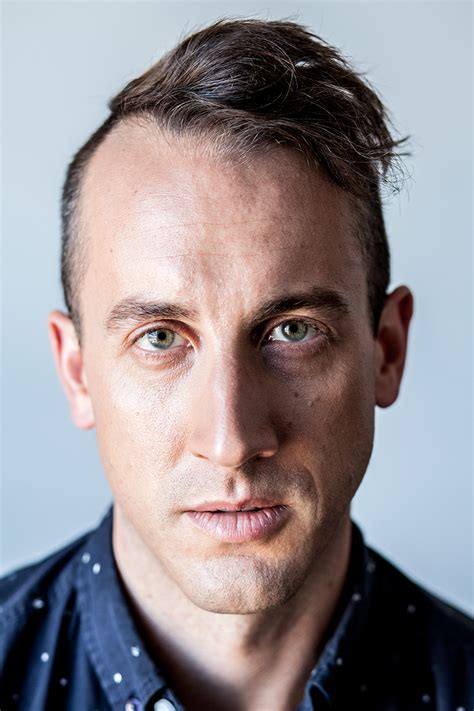A Quote by Bill Ayers
I think that you're smarter than we were, but we had two things: one is, in our naïveté we believed we could change the world. And number two, we believed that another world was possible. And once that belief took hold of some critical mass, a tiny minority nonetheless, but a critical mass of people, then the world did change.
Related Quotes
Despite current ads and slogans, the world doesn't change one person at a time. It changes when networks of relationships form among people who share a common cause and vision of what's possible. This is good news for those of us intent on creating a positive future. Rather than worry about critical mass, our work is to foster critical connections. We don't need to convince large numbers of people to change; instead, we need to connect with kindred spirits. Through these relationships, we will develop the new knowledge, practices, courage and commitment that lead to broad-based change.
Ours is not the task of fixing the entire world all at once, but of stretching out to mend the part of the world that is within our reach. Any small, calm thing that one soul can do to help another soul, to assist some portion of this poor suffering world, will help immensely. It is not given to us to know which acts or by whom, will cause the critical mass to tip toward an enduring good.
Two-thirds of Americans think our kids will have a worse life than we did. That is a powerful indication we are on the wrong path. I think we can change that, but I'll tell you, that's what I'm going to fight to do, and the reason so many grass-roots activists poured so much into it is they believed in our country. They believed in liberty.
Jack believed in something—he believed in white witches and sleighs pulled by wolves, and in the world the trees obscured. He believed that there were better things in the woods. He believed in palaces of ice and hearts to match. Hazel had, too. Hazel had believed in woodsmen and magic shoes and swanskins and the easy magic of a compass. She had believed that because someone needing saving they were savable. She had believed in these things, but not anymore. And this is why she had to rescue Jack, even though he might not hear what she had to tell him.
People said things they didn't mean all the time. Everybody else in the world seemed able to factor it in. But not Lena. Why did she believe the things people said? Why did she cling to them so literally? Why did she think she knew people when she clearly didn't? Why did she imagine that the world didn't change, when it did? Maybe she didn't change. She believed what people said and she stayed the same." (Lena, 211)
When I was 25, I believed I could change the world. At 41, I have come to the realization that I cannot change my wife, my church, or my kids, to say nothing of the world. Try as I might, I have not been able to manufacture outcomes the way I thought I could, either in my own life or other people's.
Imagine a world in which you had Saddam Hussein, who had the capacity to make a weapon of mass destruction, who was paying suiciders to kill innocent life. Imagine what the world would be like with him in power. The idea is to try to help change the Middle East. Part of the reason we went into Iraq was we thought he had weapons of mass destruction. It turns out he didn't, but he had the capacity to make weapons of mass destruction.






































